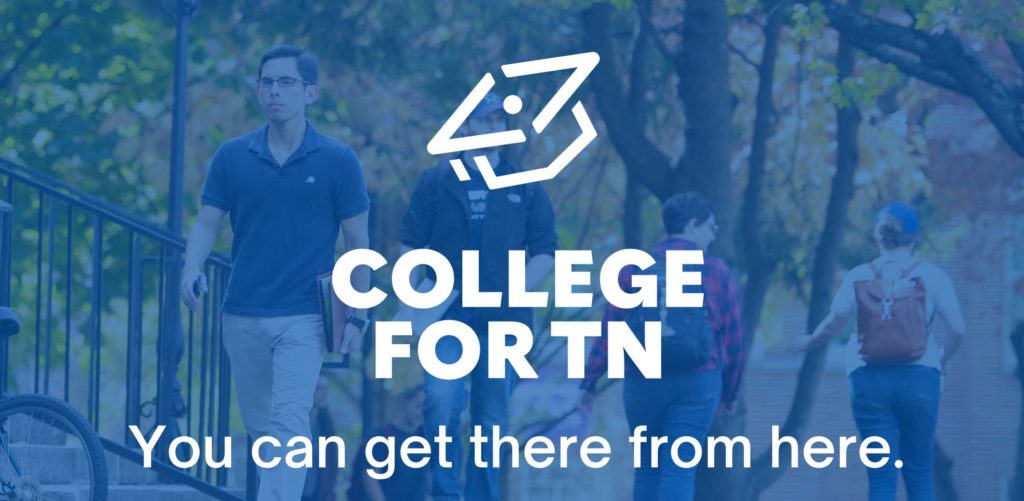
As the first person in my family to attend college, I navigated the waters of college enrollment and completion somewhat blindly. Knowing that I needed to get from point A to point B but not knowing how to chart my path, I relied on excellent school counselors, supportive parents, and at times, sheer luck.
My story is not unique; it’s an experience shared by many Tennessee students. But too many first-generation students like me do not succeed in reaching their postsecondary goals.
The recent report Stopping Summer Melt: What Students Say And What Tennessee Can Do details barriers that students experience as they attempt to enter, persist, and complete a postsecondary credential and offers recommendations to remove those barriers. This work takes on greater urgency considering how the COVID-19 pandemic has disrupted students’ postsecondary plans. The Tennessee class of 2020 experienced a 4.9 percentage point decrease in college-going compared to the class of 2019 — a decline that disproportionately impacted male, Black, and Hispanic high school graduates.
The Tennessee Higher Education Commission is committed to increasing the number of Tennesseans with a postsecondary credential. At the heart of that commitment is a desire to ensure every Tennessee student, regardless of their socio-economic status, race, or zip code, has the opportunity to access and succeed in postsecondary education. One way that we are leaning into this mission is with the launch of the new www.CollegeForTN.org, a website focused on helping Tennessee students navigate the college-going process.
Research indicates that clarifying the steps to postsecondary education has a significant impact on enrollment. While vitally important, academic preparation and aspirations are not enough if schools do not have organizational norms and structures in place to effectively guide students through the postsecondary application process. We must build schoolwide structures, expectations, and specific services to facilitate students’ transition to college. Providing such infrastructure is a powerful catalyst to increasing access to postsecondary education.
Students must also understand why a postsecondary credential is important. According to Tennessee Department of Labor & Workforce Development data, college graduates, on average, make 1.5 times more than their peers with only a high school diploma. College graduates tend to have more stable employment over their working lifetime. Creating strong links between career goals and the need for higher education is key to postsecondary success. In fact, students making this connection are six times more likely to attain a degree. This work cannot happen at the end of high school — these are kindergarten through 12th grade conversations.
CollegeForTN.org provides Tennesseans with resources and information to help them make informed college and career choices. Our goal is to demystify college and career information and processes for students and their families and to provide school counselors, educators, and college access professionals with resources and tools that support their college and career work with students. To this end, the new CollegeForTN.org is designed to serve as the central hub for college, career, and financial aid information and resources in Tennessee. The new website features a broad range of resources relating to financial aid, career planning, and the college-going process. Aligning with the Students’ Right to Know Act in 2021, THEC will continue to refine CollegeForTN.org to meet the evolving needs of students, their families, and the state.
We can help students succeed by giving them the tools they need to navigate their college-going path. CollegeForTN.org provides those tools, and I encourage practitioners to promote its use. I was one of the lucky ones. CollegeForTN.org is one more way we can ensure that Tennessee students don’t have to rely on luck to succeed.
Troy Grant is senior director of college access at the Tennessee Higher Education Commission and a 2016-17 alumnus of the Complete Tennessee Leadership Institute.
